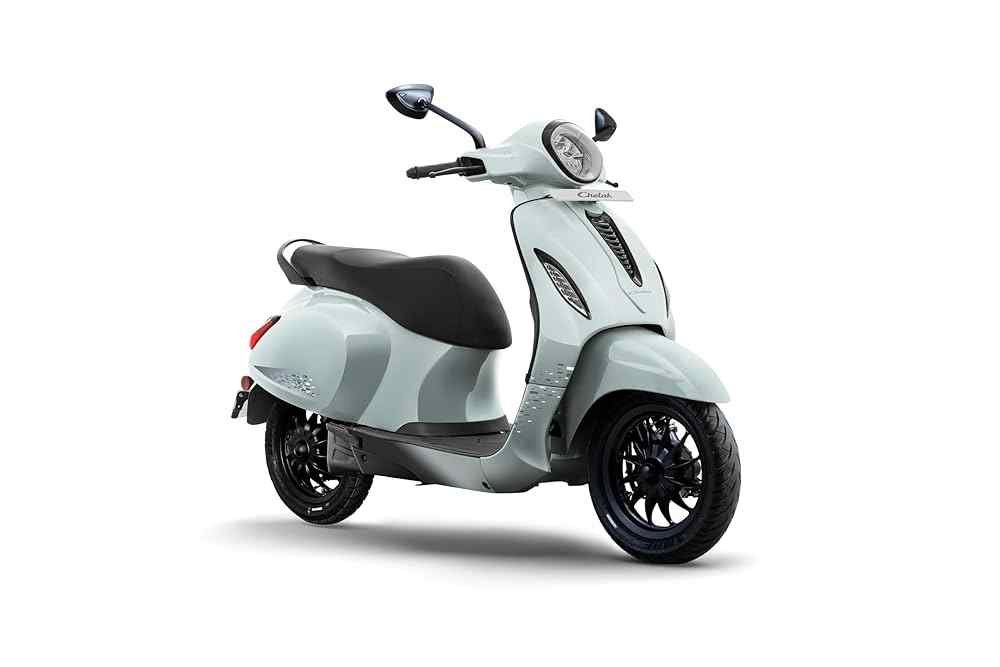Lahore – Pakistan’s automotive landscape is gearing up for a major shift. JW Group has entered into a partnership with China’s Jinpeng Group, the world’s largest maker of electric tricycles, to manufacture two- and three-wheelers locally.
The collaboration has already kicked off production at JW’s plant in Lahore, introducing both electric and conventional gasoline-powered bikes. Industry insiders say this could mark a turning point for the country’s gradual transition toward electric mobility.
Boost to Local Manufacturing
JW Group isn’t new to joint ventures with Chinese automakers. It already assembles MG vehicles in Pakistan through its partnership with SAIC Motor International. The deal with Jinpeng, however, focuses on mass-market mobility—an area where Pakistan has one of the largest consumer bases in the region.
By combining Jinpeng’s technical know-how with JW’s established distribution network, the partners aim to not only serve local demand but also position Pakistan as a potential export hub for electric vehicles in South Asia.
Economic and Industrial Impact
The venture is expected to generate new jobs and stimulate growth in Pakistan’s auto supply chain. Analysts say projects like this are crucial at a time when the government is encouraging local manufacturing to cut reliance on imports.
Javed Afridi, CEO of JW Corporation, described the partnership as a blend of “local capacity and global expertise.” He believes Pakistan has the potential to become a regional player in clean mobility exports.
Jinpeng’s CEO, Zakir Ali, echoed this optimism, stressing that Pakistan’s large market is well-suited for building a full-fledged EV ecosystem. Jinpeng brings to the table more than 400 patents in the electric vehicle sector, underscoring its ability to meet both present fuel needs and future electrification goals.
Why It Matters
Two- and three-wheelers dominate Pakistan’s roads, making them the most logical entry point for electric adoption. If this initiative succeeds, it could lower running costs for everyday commuters, reduce urban pollution, and gradually prepare the market for broader EV uptake.
The real test, however, will be infrastructure—particularly charging networks and after-sales service—which will determine whether Pakistan’s shift from fuel to electricity can move beyond the assembly line.

